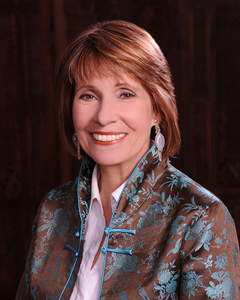I could not believe that a key to sustaining a legacy would be found in a book on genes. But there it was: “Evolution describes nature’s past-how did living things arise? Variation describes its present—why do they look like this now? And embryogenesis attempts to capture the future-how does a single cell create a living thing that will eventually acquire its particular form?” This opened my mind to a great understanding of not only how our legacies form but as impactfully, how they are sustained.
Researchers, scientists, and philosophers going back to Aristotle, back to Pythagoras and others, linked our traits to our genetic past. Whether it be the shape of the nose or eyes, whether it is a leaning towards finances, law, the arts or sports, links are found in threads to our genetic past. In my family, for example, without conversation, nudge, or pressure to do so, for the past five generations, the professions that are naturally gravitated to are law or finance. One generation is drawn to the law profession, the next to finance, the third back to law, the fourth finance, and again, without conscientiously thinking about it, the fifth generation has gravitated to law. And again, like the generation skipping propensity I alluded to earlier, the same is true of sports and the arts. This genetic proclivity has been fostered without any pressure or conversation. As I have asked others about their genetic legacy, I was initially surprised, and now expect to hear about similar traits, across generations in their families, often skipping a generation. As one woman said to me: “My father and my son never met but their striking similarity is not lost on me when I hear my son laugh. It sounds just like my dad’s laughter. And their humor is the same.”
One’s genetic legacy is an important element to understand and then to cultivate. Why? Because, if there is something fundamental that passes from generation to generation genetically, it should be recognized. Medicine is beginning to develop that mindset in “marking” genetic diseases.
The genes we receive from another are a fundamental part of who we are. When left untended, people thrive with great difficulty. When cultivated, our genetic makeup can become a pillar in and beacon to our lives.
What is the makeup of your genes, also known as your legacy? What is the legacy in your family that deserves to be cultivated and passed on to future generations?

